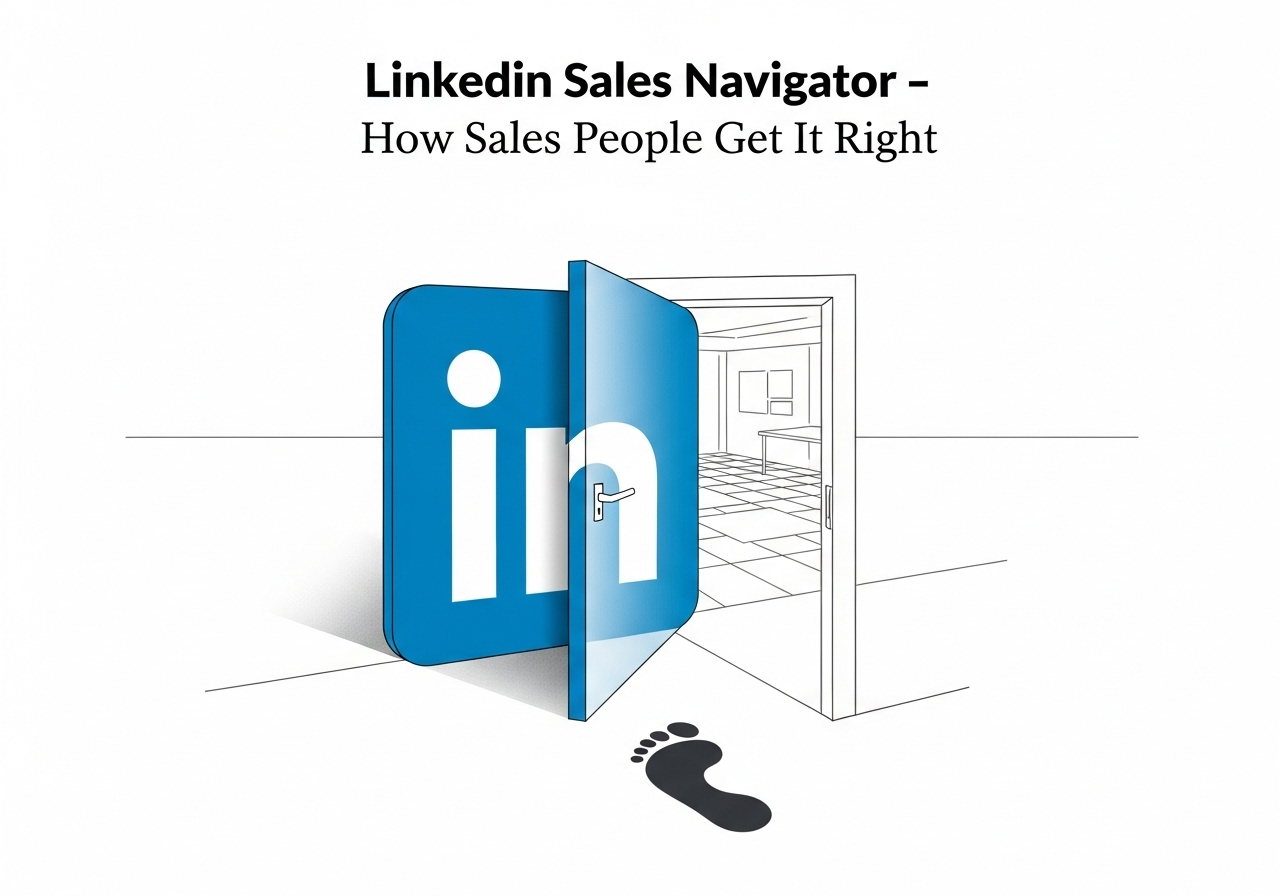Die industrielle Revolution veränderte die Produktion fundamental, das Internet die Kommunikation. Nun steht dem Vertrieb durch Künstliche Intelligenz ein vergleichbar epochaler Wandel bevor. Während die öffentliche Debatte oft oberflächlich um den Ersatz von Arbeitsplätzen kreist, vollzieht sich die wahre Transformation in den Strukturen und im Selbstverständnis der Vertriebsorganisationen. Es geht nicht um die Automatisierung des Bestehenden, sondern um die Neudefinition von Wertschöpfung. KI schafft die Grundlage für einen Wandel weg von der reinen Transaktion hin zu strategischer Beratung und tiefgreifender Kundenentwicklung. Unternehmen, die diesen Wandel begreifen, werden ihr menschliches Kapital nicht abbauen, sondern es auf einer gänzlich neuen, anspruchsvolleren Ebene einsetzen und sich so einen entscheidenden Wettbewerbsvorteil sichern.
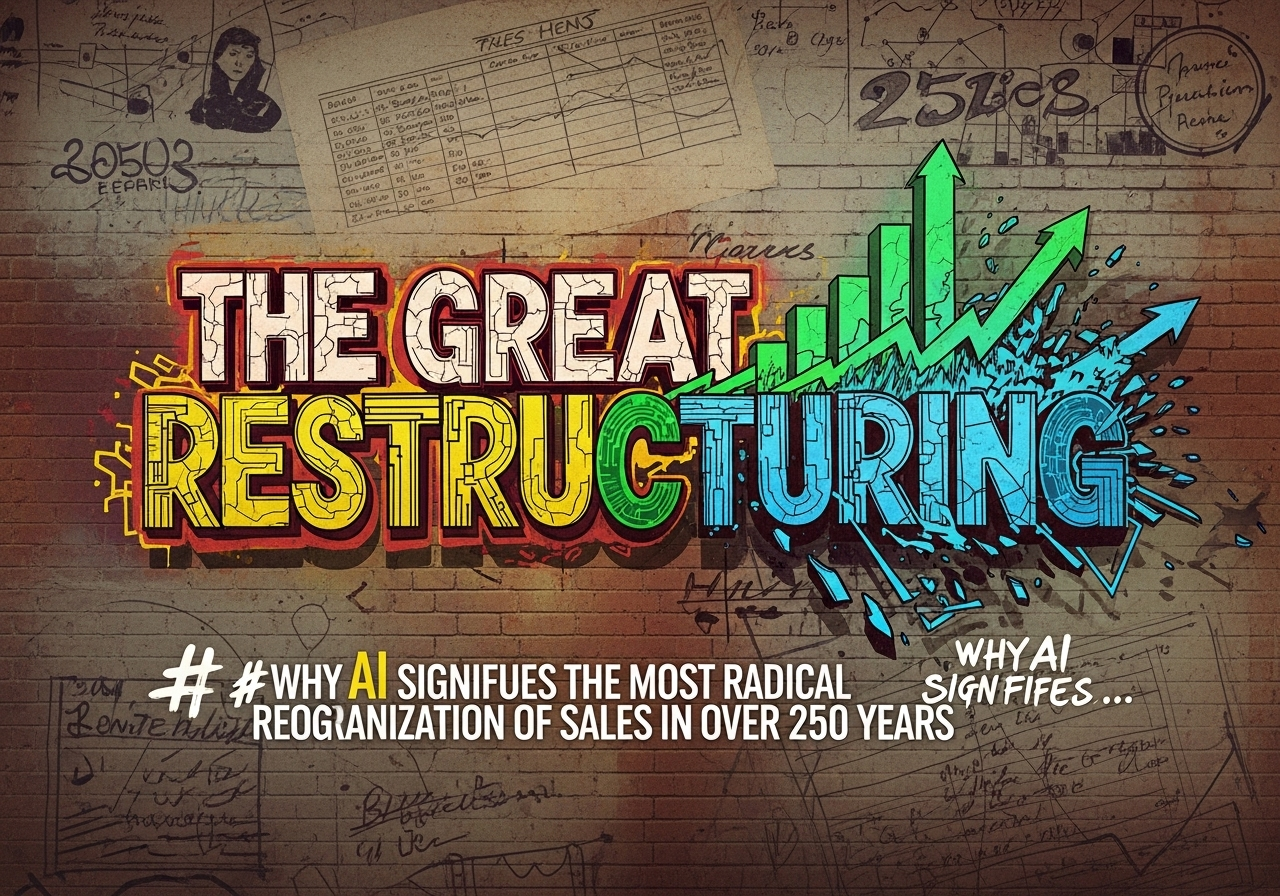
Die Digitalisierung hat die Werkzeuge des B2B-Vertriebs revolutioniert, doch die Seele der Akquise scheint auf der Strecke geblieben. In einer Flut generischer E-Mails und unpersönlicher Kontaktversuche erleben wir eine tiefe Krise der Relevanz. Potenzielle Kunden reagieren nicht mehr auf plumpe Verkaufsbotschaften, weil sie gelernt haben, diese zu ignorieren. Die Jagd nach immer höheren Kontaktzahlen führt in eine Sackgasse. Der Ausweg liegt in einer radikalen Umkehr: Verkaufen durch Lehren. Erfolgreiche Unternehmen positionieren sich nicht länger als Verkäufer, sondern als strategische Wissenspartner. Sie investieren in das Verständnis für die unternehmerischen Herausforderungen ihrer Zielkunden und bieten wertvolle Einblicke, lange bevor überhaupt über ein Produkt gesprochen wird. Dieser Ansatz schafft Vertrauen und Relevanz.
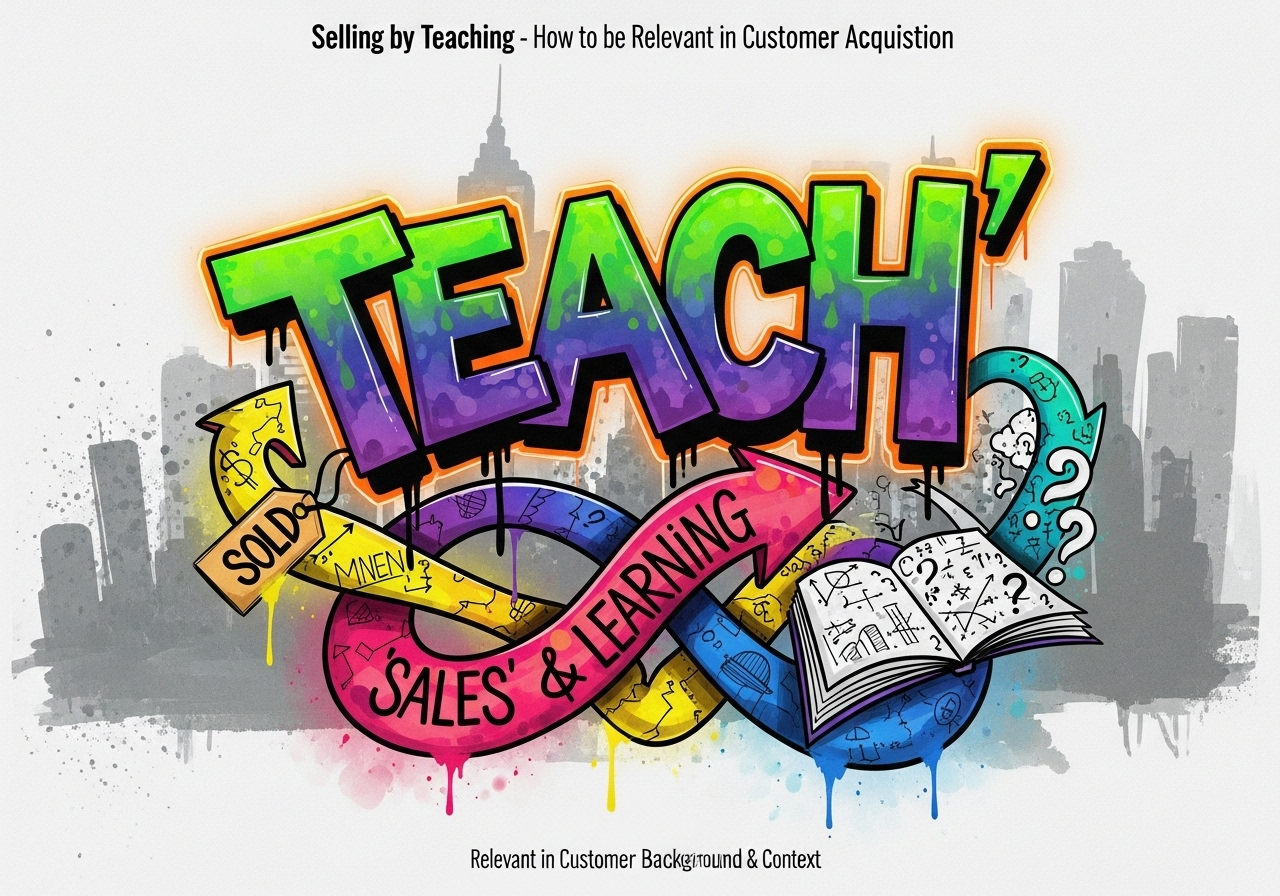
In der modernen Kaltakquise per E-Mail vollzieht sich eine stille Revolution. Der strategische Imperativ lautet nicht mehr, Posteingänge mit schierer Masse zu überfluten, sondern durch präzise, systemgestützte Ansprache echte Konversationen zu initiieren. Erfolgreiche Vertriebsorganisationen erkennen, dass weniger oft mehr ist: Sie verdreifachen ihre Antwortraten, indem sie die Anzahl der versendeten Nachrichten reduzieren. Dies gelingt durch eine Verlagerung des Fokus von der reinen Botschaft auf das Fundament, das ihren Erfolg erst ermöglicht: eine makellose technische Infrastruktur und eine tiefgreifende strategische Vorbereitung. Dieser Wandel macht die E-Mail-Kaltakquise nicht nur effektiver, sondern mit durchschnittlichen Kosten von rund 18 € pro Lead auch deutlich kosteneffizienter als bezahlte Werbekanäle.
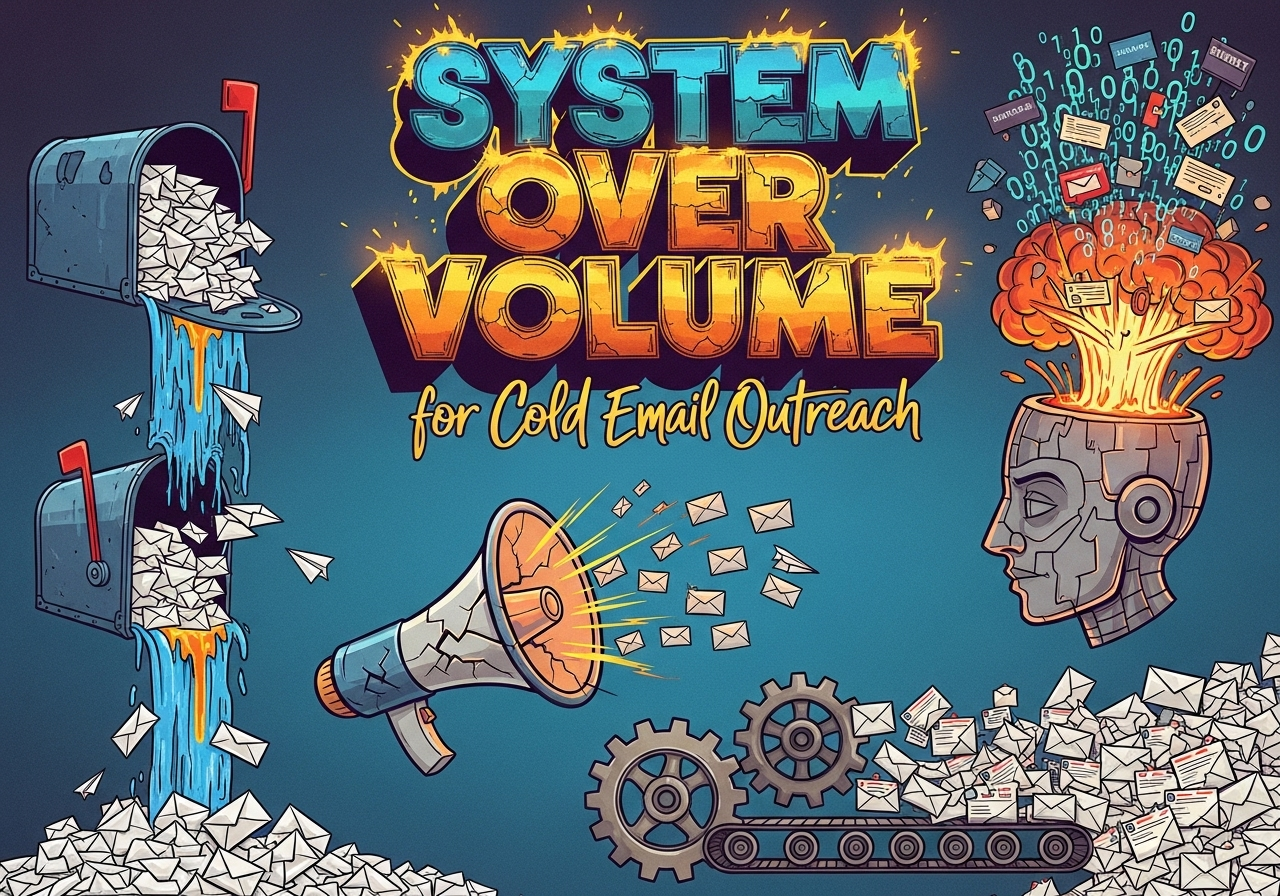
Die Akquise im B2B-Vertrieb steckt in einer Zwickmühle. Einerseits explodieren die Kosten für Werbeanzeigen, andererseits ist die manuelle Suche nach Kunden ein ineffizienter Zeitfresser. Dieser Report analysiert die strategische Lösung: den Übergang von teuren Klicks und mühsamer Handarbeit zur intelligenten, KI-gestützten Lead-Suche. Anstatt hohe Summen für unqualifizierte Klicks auszugeben oder wertvolle Zeit zu verschwenden, nutzen führende Unternehmen spezialisierte KI-Plattformen, um präzise passende Firmen zu identifizieren, die richtigen Entscheider zu ermitteln und deren Kontaktdaten zu erhalten. Dies ist die fundamentale Neuausrichtung des Vertriebs, weg von der Kostenfalle und hin zu einem datengesteuerten, hocheffizienten Wachstumsmotor für 2025 und darüber hinaus.
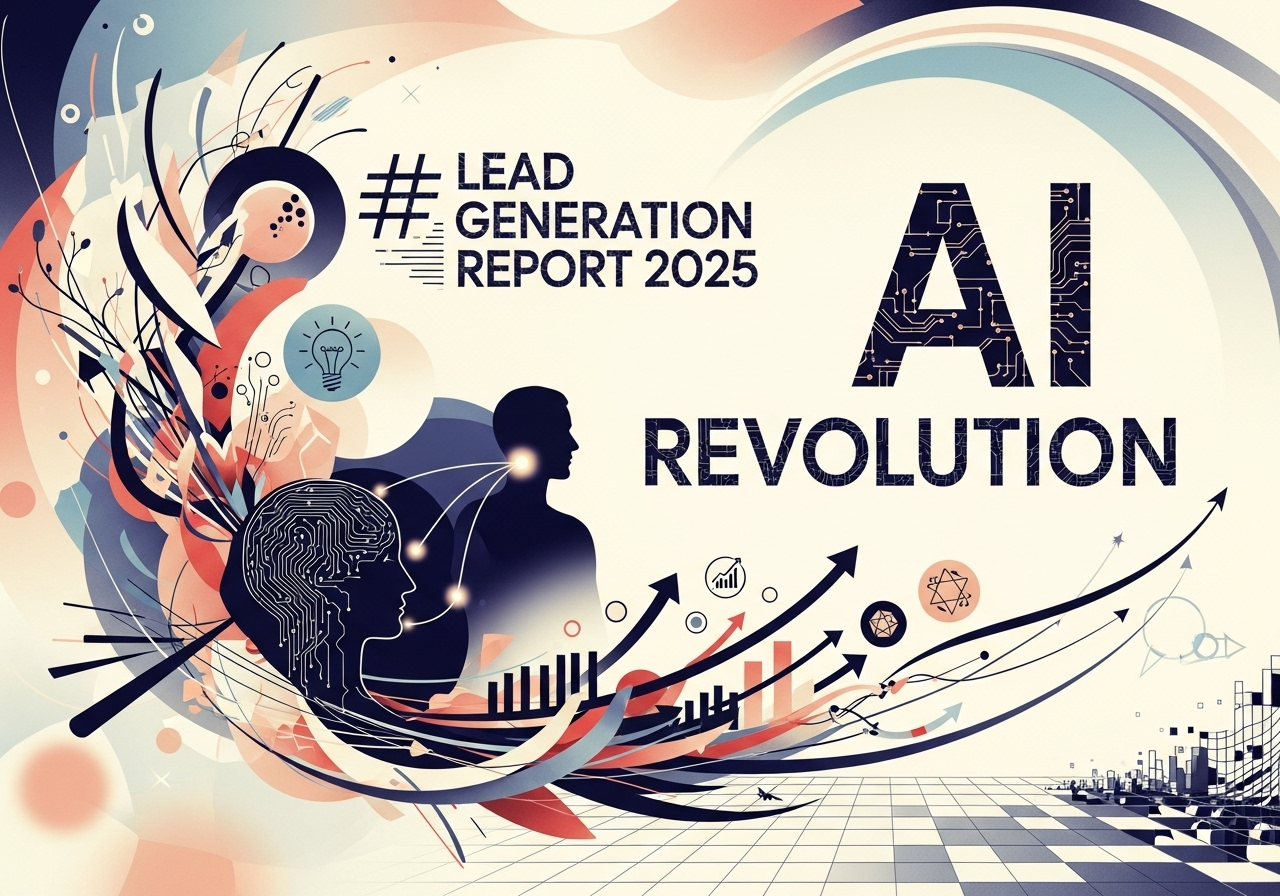
Die Digitalisierung hat den B2B Vertrieb in ein Meer aus Daten verwandelt. Unternehmen investieren massiv in Systeme, um jedes digitale Zucken potenzieller Kunden zu erfassen. Doch diese Flut an Informationen führt zu einem Paradox: Statt Klarheit erzeugt sie oft nur Rauschen. Offensichtliche „Trigger“, wie der Download eines Whitepapers, werden überbewertet und führen zu verfrühten, unpersönlichen Kontaktversuchen. Der wirklich strategische Vorteil liegt heute nicht mehr im Sammeln von noch mehr Daten, sondern in der Fähigkeit zur Reduktion und Deutung. Es geht darum, die leisen, oft unscheinbaren Signale zu erkennen, die eine echte Kaufbereitschaft signalisieren, und das Zögern des Kunden nicht als Ablehnung, sondern als entscheidende Phase des Abwägens zu verstehen.

Die digitale Flut hat die Posteingänge geflutet und die Aufmerksamkeitsspanne von Entscheidern minimiert. Viele B2B-Unternehmen erklären die E-Mail-Akquise daher für beendet. Ein fataler Trugschluss. Der post-digitale Vertrieb beweist das Gegenteil: Nicht der Kanal ist das Problem, sondern die Methode. Während plumpe Massen-E-Mails endgültig ihre Wirkung verlieren, erleben wir die Renaissance der intelligenten, datengestützten E-Mail-Ansprache. Erfolgreiche Unternehmen denken nicht mehr in isolierten Kanälen, sondern orchestrieren ganze Vertriebsmodelle neu. Sie nutzen intelligente Automatisierung nicht, um den Menschen zu ersetzen, sondern um ihn von repetitiven Aufgaben zu befreien und ihn wieder in den Mittelpunkt der wertschöpfenden Interaktion zu stellen.
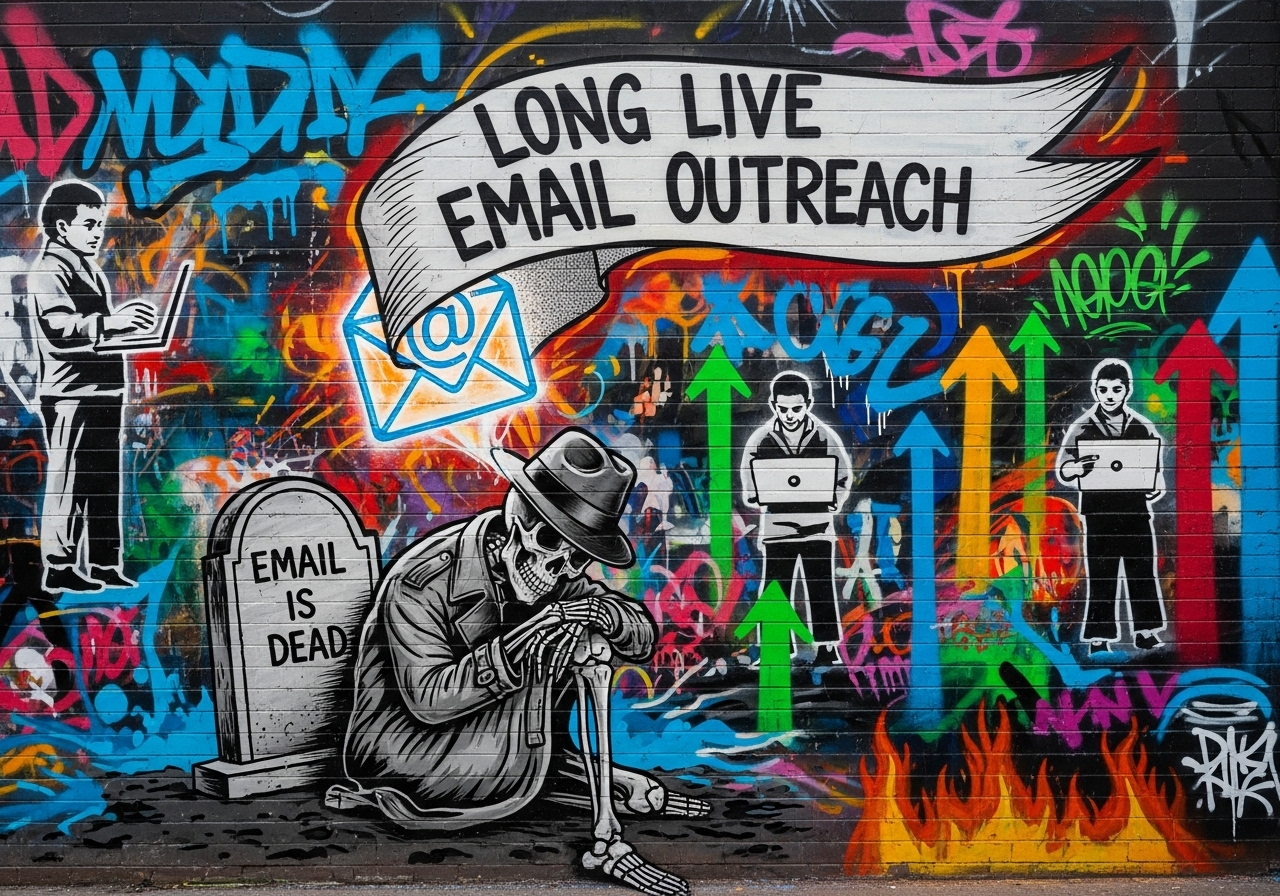
Die fortschreitende Integration von Künstlicher Intelligenz, insbesondere durch spezialisierte KI-Agenten auf Plattformen wie LinkedIn, markiert einen Wendepunkt im B2B-Vertrieb. Weit über die simple Automatisierung von Nachrichten hinaus, ermöglichen diese intelligenten Systeme eine nie dagewesene Tiefe der Analyse und Präzision in der Kundenansprache. Sie agieren als unsichtbare Kollegen, die den Vertrieb nicht ersetzen, sondern ihn befähigen, sich von repetitiven Aufgaben zu lösen und sich auf den Kern seiner Kompetenz zu konzentrieren: den Aufbau strategischer, werthaltiger Geschäftsbeziehungen. Für zukunftsorientierte Vertriebsprofis und Führungskräfte geht es nicht mehr um das Ob, sondern um das Wie der Implementierung, um nachhaltige Wettbewerbsvorteile zu sichern und die Transformation von reiner Akquise hin zu echten Partnerschaften zu vollziehen.
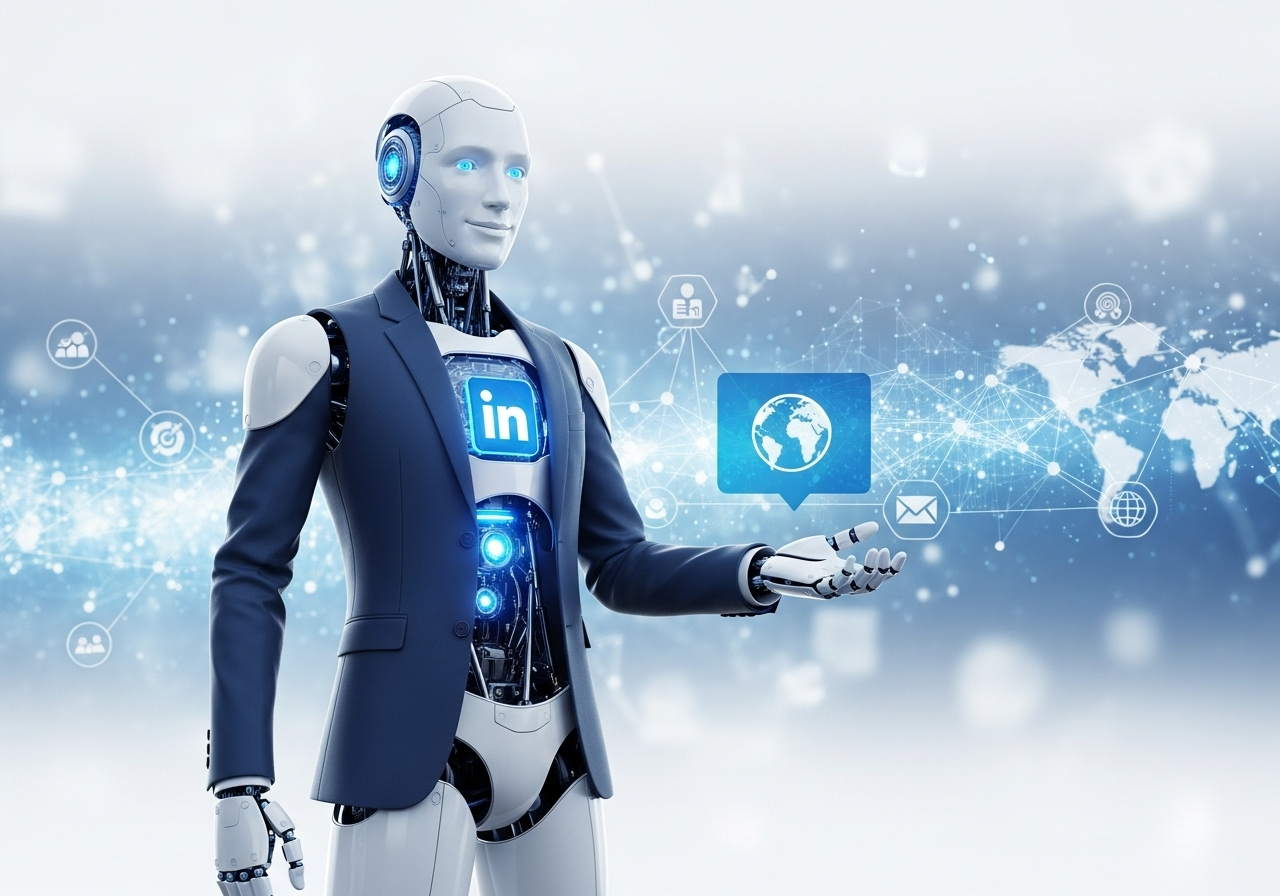
New client acquisition in the B2B sales landscape is at a turning point. Artificial intelligence, particularly advanced language models like ChatGPT, is no longer a futuristic concept but a present-day tool redefining efficiency and quality in sales. Successful sales organizations recognize that this is not about merely automating emails, but about the strategic use of AI as a research assistant, a sparring partner, and a source of inspiration. This report demonstrates how sales professionals can elevate their entire acquisition process by mastering the art of the precise instruction, the so-called prompt. It's about asking the right questions to deeply understand a client's business challenges, thereby transforming from a seller into a valued advisor.
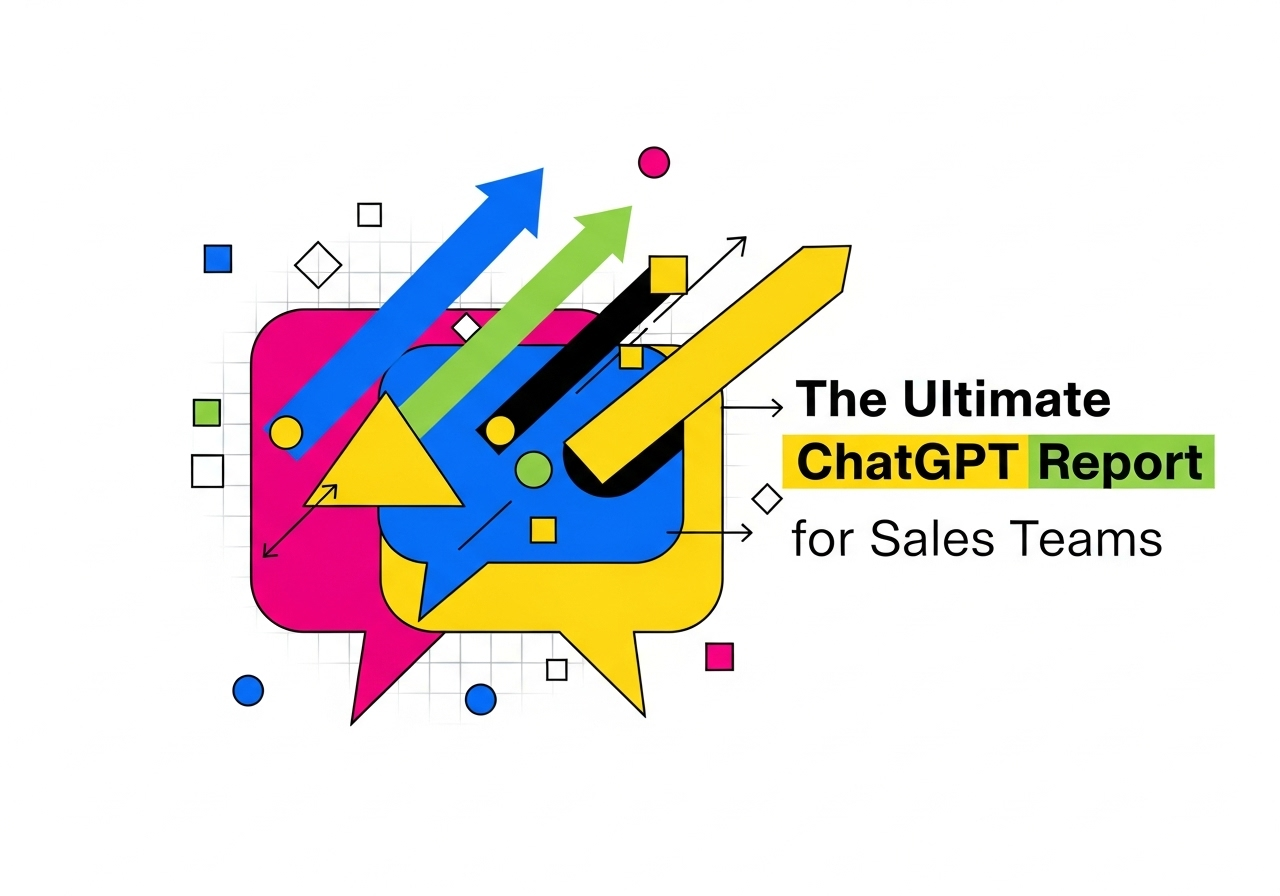
Artificial intelligence, particularly advanced language models like ChatGPT, is no longer a futuristic concept but a present and powerful tool in B2B sales. It is fundamentally changing how companies identify, approach, and persuade potential customers. However, the true value of this technology unfolds not through its mere existence, but through the ability to ask it precise questions and guide it strategically. This guide demonstrates how sales professionals, through the art of "prompting," can transform from mere users into architects of their own data-driven new customer strategy. It's about formulating the right commands to turn a powerful tool into an invaluable strategic partner and rethinking customer acquisition.
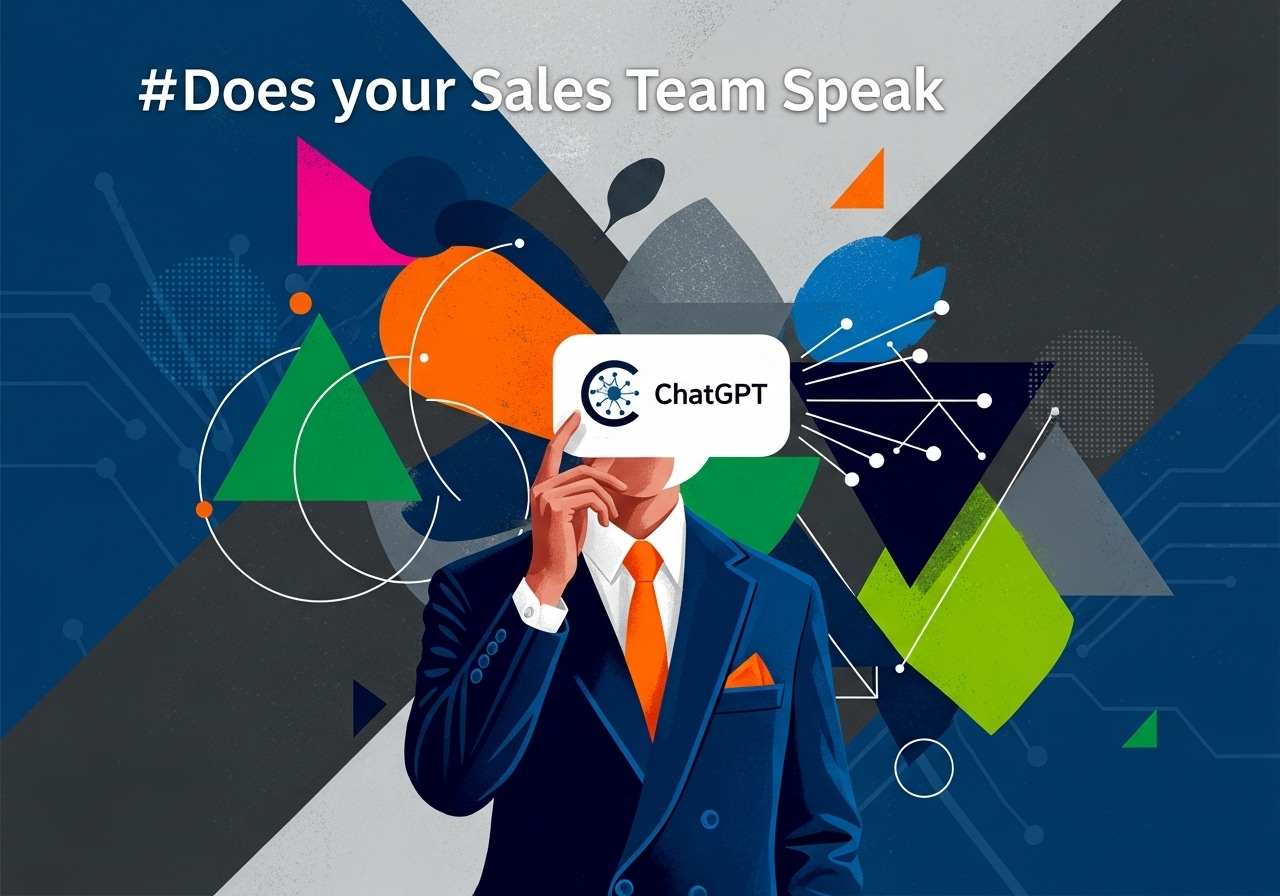
The term "automation" in customer acquisition is ubiquitous and often misunderstood. Many envision a kind of autopilot, a self-steering machine that generates new customers at the push of a button. However, this idea is a myth that quickly hits its limits in the complex world of B2B sales. True, effective automation is not a simple set-it-and-forget-it solution, but the result of an intelligent and orchestrated interplay of three core elements: precise data, clearly defined processes, and, crucially, human expertise. This article analyzes the reality behind the buzzword, debunks the myths, and reveals why the most advanced technology in sales does not replace humans, but empowers them to act more strategically and successfully.
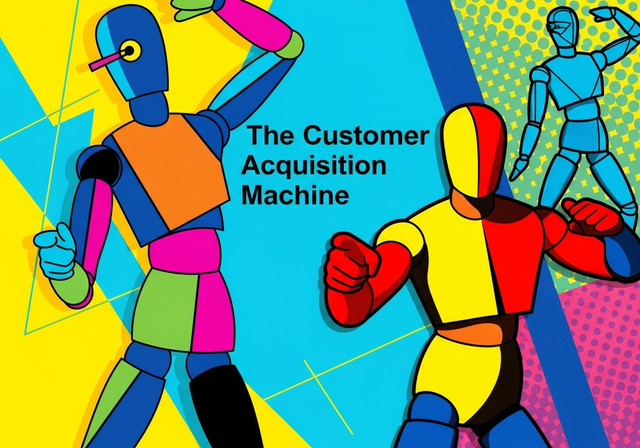
In an economy where digital efficiency and data-driven decisions determine market share, hesitating to adopt sales automation becomes an existential risk. This article analyzes why automating sales processes in the B2B sector is no longer a strategic choice, but an unavoidable necessity for the survival and future success of companies. We shed light on the profound changes in the modern buyer's journey and the unstoppable evolution towards a data-driven sales organization. It becomes clear how artificial intelligence is redefining the rules of the game and why speed and adaptability are the crucial currencies for not just surviving, but leading in tomorrow's competitive landscape.
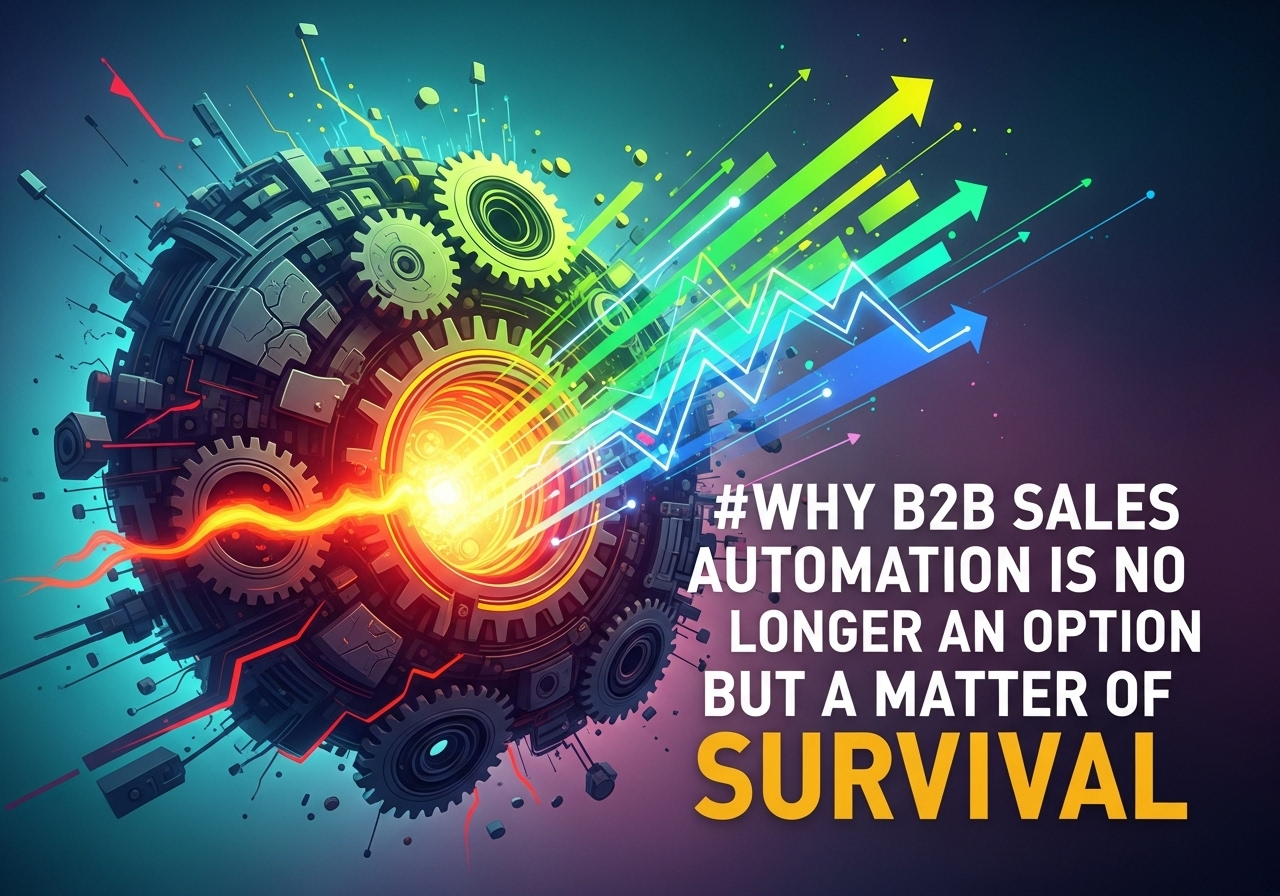
The discussion about artificial intelligence in B2B sales often falls short. It focuses on tools for increasing efficiency, yet the true potential lies deeper: AI is not just changing individual process steps, but fundamentally redefining the entire logic of new customer acquisition. The classic separation of marketing, lead generation, and cold acquisition is dissolving. In its place, a dynamic, data-driven process is emerging, one that no longer forces prospects into rigid funnels but addresses them in a context-sensitive and highly personalized manner. This analysis illuminates why free tools are merely scratching the surface of a development that is heralding a new era of acquisition and challenging the traditional view of sales. It's about a strategic shift, not just technological aids.
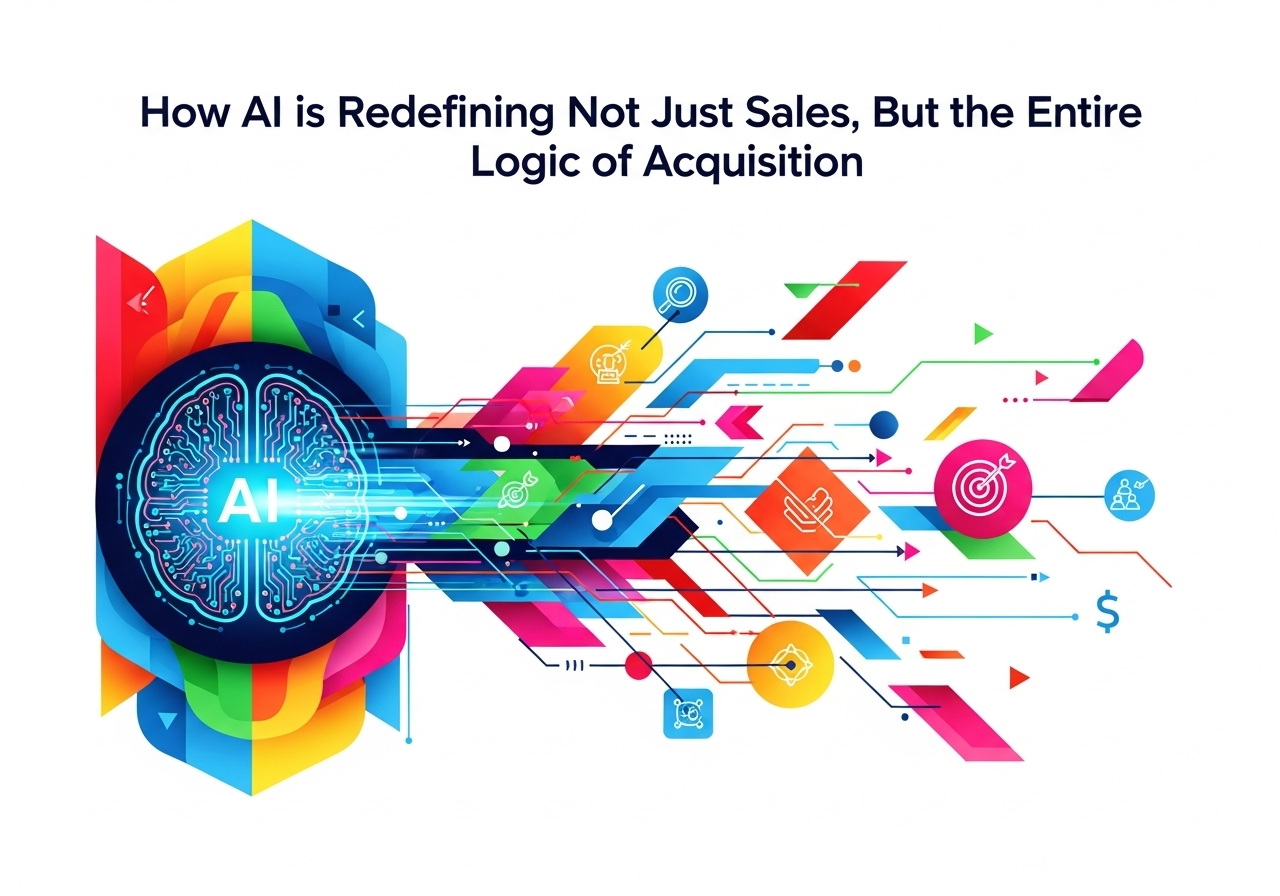
The temptation is immense: countless online tools promise to flood sales pipelines with an endless stream of "free" leads generated by artificial intelligence. However, this promise of pure efficiency, of sheer volume, masks a strategic trap. Companies that embark on this hunt for quick, supposedly free success often optimize their way into a dead end. They sacrifice strategic depth for short-term metrics and overlook the true value, which lies not in the mass of contacts, but in the quality and intelligence of the data. The crucial question is not if AI can find leads, but how it sustainably changes the DNA of the sales organization and leads to genuine, high-value customer relationships instead of just filling the inboxes of sales representatives.
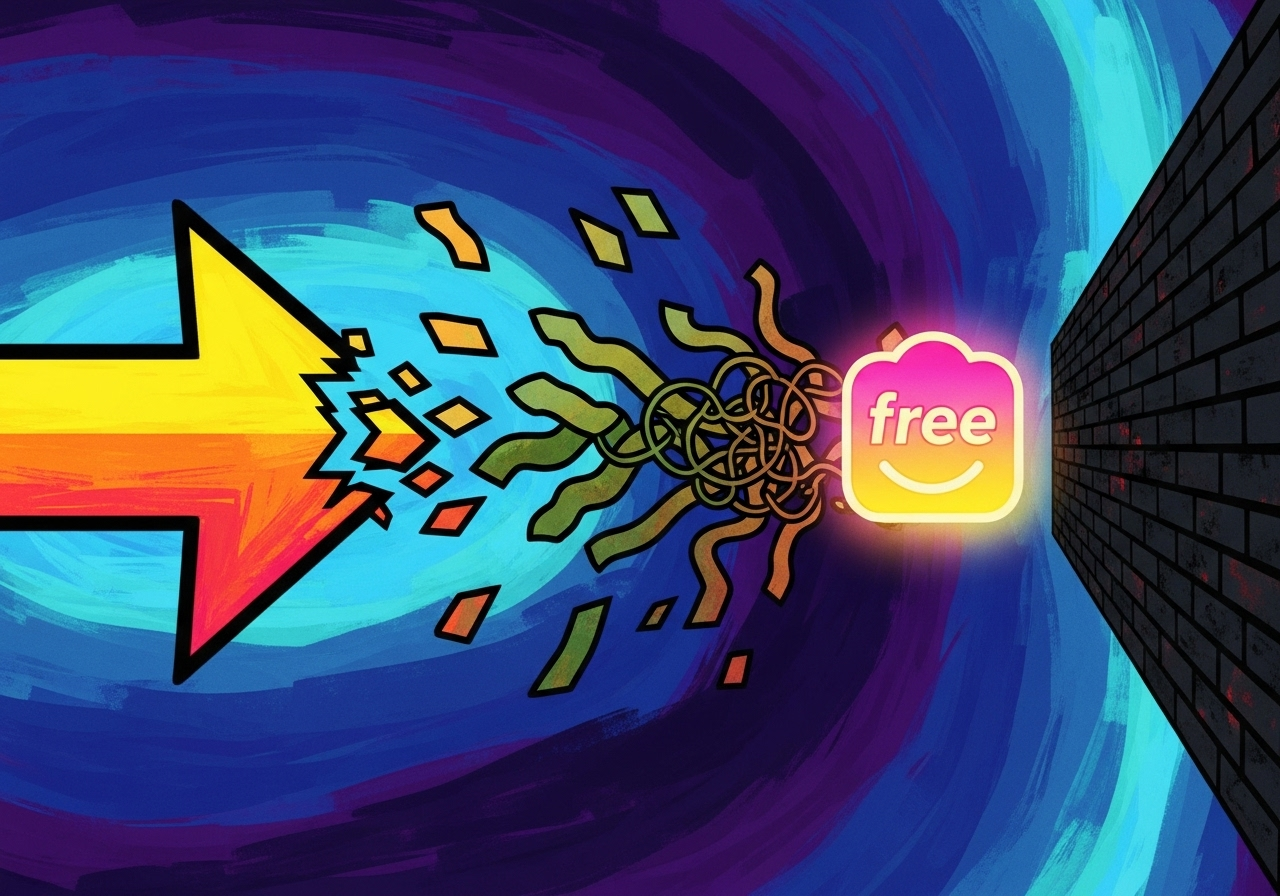
The image of the pharmaceutical sales representative traveling to doctors' offices with a case of samples is a relic of the past. The digital transformation, accelerated by changing access to physicians and a paradigm shift in information-seeking behavior, is forcing the pharmaceutical industry to undertake a radical rethinking. The focus is no longer on pure product sales, but on the precise, needs-based provision of highly relevant medical knowledge. In this context, sales automation becomes a strategic tool that transforms sales from a reactive to a predictive discipline. The key challenge lies in understanding technology not as a substitute, but as an intelligent amplifier for the human expert, and in equipping one's own organization for this new era of knowledge management.

In an industry that, like no other, stands for the digital transformation of companies, a profound paradox reveals itself: many IT and system houses, masters at optimizing their clients' processes, neglect the digitalization of their own sales. While complex architectures for Industry 4.0 and data-driven business models are designed for externals, internal sales often resemble an analog wasteland. This article analyzes why the biggest challenge for IT houses is no longer technological excellence, but the construction of a proactive, intelligent sales architecture. It is a strategic necessity to now make the transition from reactive consulting to systematic market development with sales automation and artificial intelligence to secure future growth.
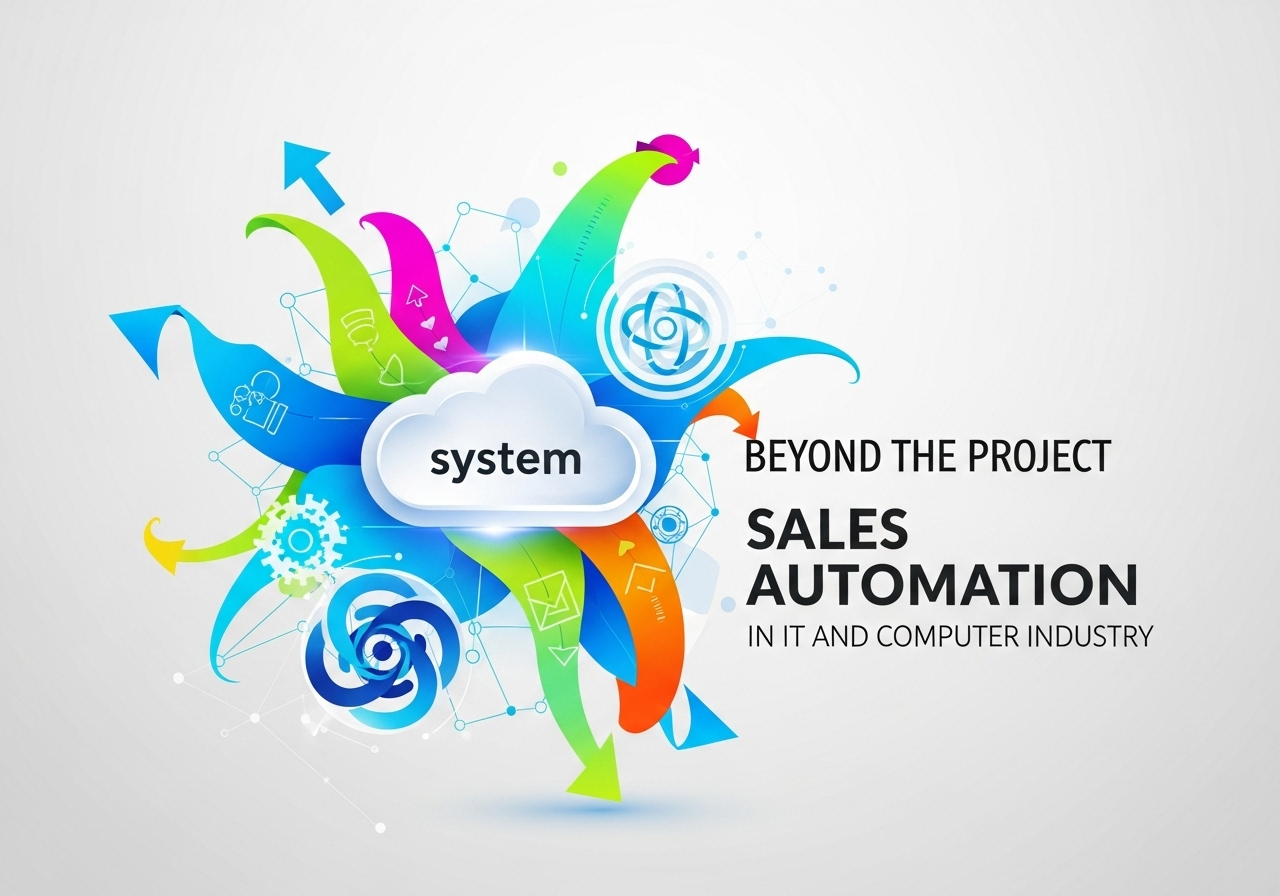
In the world of management consulting, trust is the most valuable currency, and the personal client relationship is the foundation of success. But how can this model be scaled without sacrificing the personal touch? Many consulting firms face the paradox of needing to grow, yet growth jeopardizes exclusive client care. The solution lies not in more personnel, but in intelligent technology. Strategically implemented sales automation is not a contradiction to exclusivity, but its prerequisite in the digital age. It frees up valuable partners and consultants from repetitive administrative tasks, creating the much needed space for what truly matters: deep, strategic work and personal dialogue with the client.
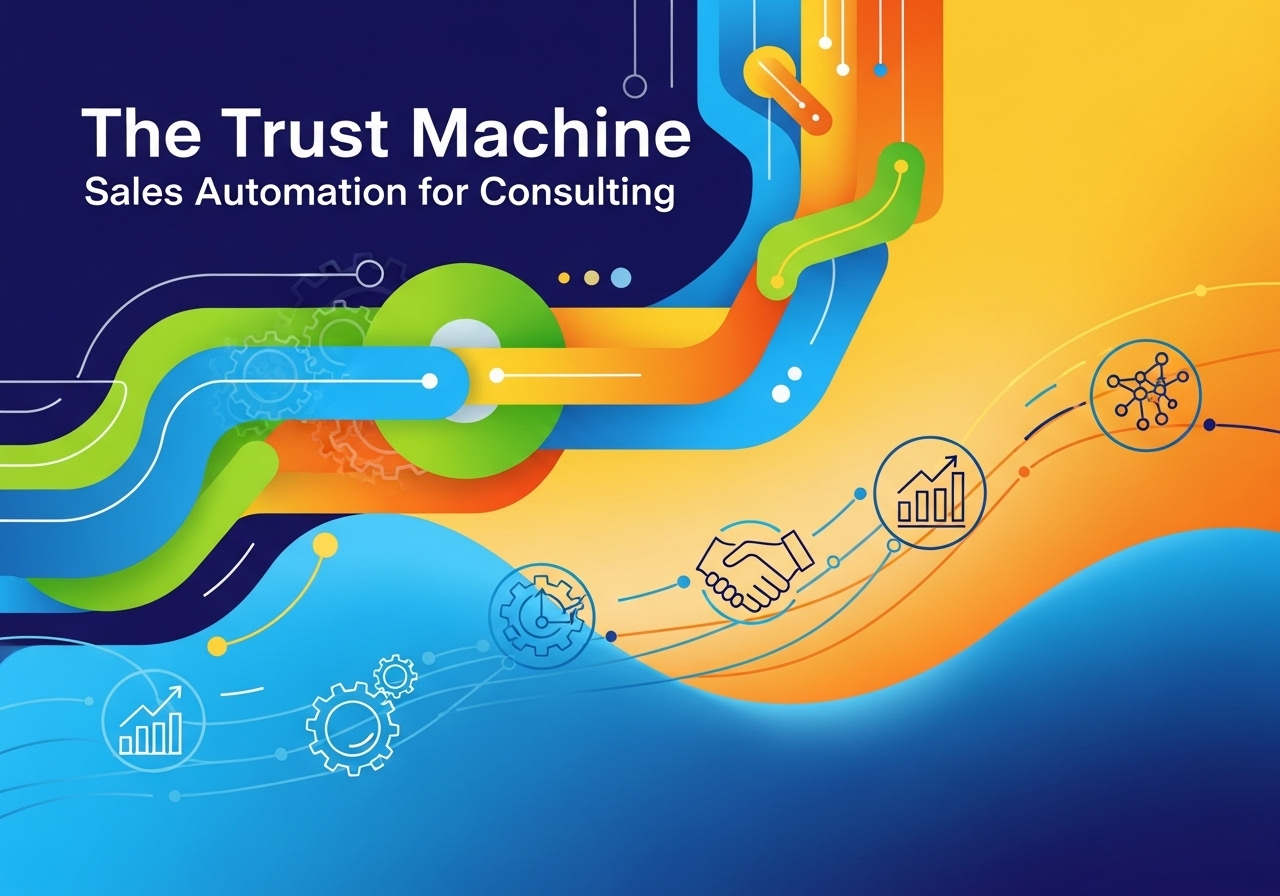
The German manufacturing industry, long a guarantor of stability and prosperity, is operating in a new world defined by volatility. Trade conflicts, rising tariffs, and relentless global competition are challenging traditional business models. In this environment, sales automation is proving to be not just another tool for increasing efficiency, but a fundamental strategic lever. Through the intelligent use of data and algorithms, companies can not only reduce administrative burdens but also proactively identify new markets, precisely predict customer needs, and design sales processes with unprecedented resilience. It is a quiet revolution that is transforming sales from a reactive cost center into a proactive value creation engine, thereby securing the future viability of the industrial location.
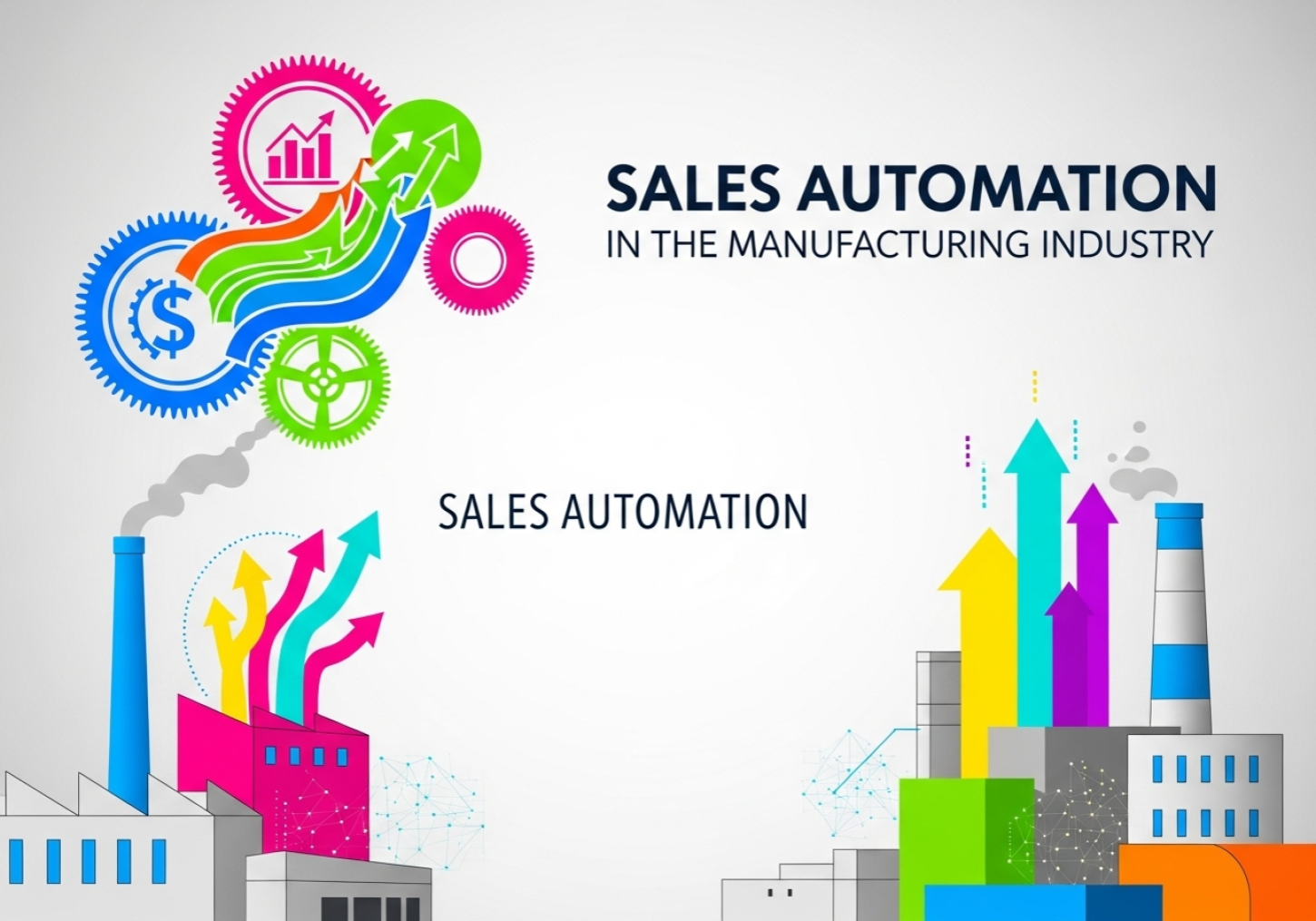
The advent of Artificial Intelligence, particularly through language models like ChatGPT, Gemini, and Claude, marks a turning point in B2B sales. This is no longer a distant vision of the future, but a current reality that is fundamentally changing sales processes. Companies that embrace these technologies as intelligent co-pilots and integrate them strategically are gaining a decisive competitive advantage. The ability to analyze vast amounts of data, create personalized communication at scale, and automate administrative tasks frees up valuable resources. Sales representatives can once again focus on their core competency: building sustainable customer relationships. This article analyzes why the use of these AI tools is no longer an option and how you can use them profitably.
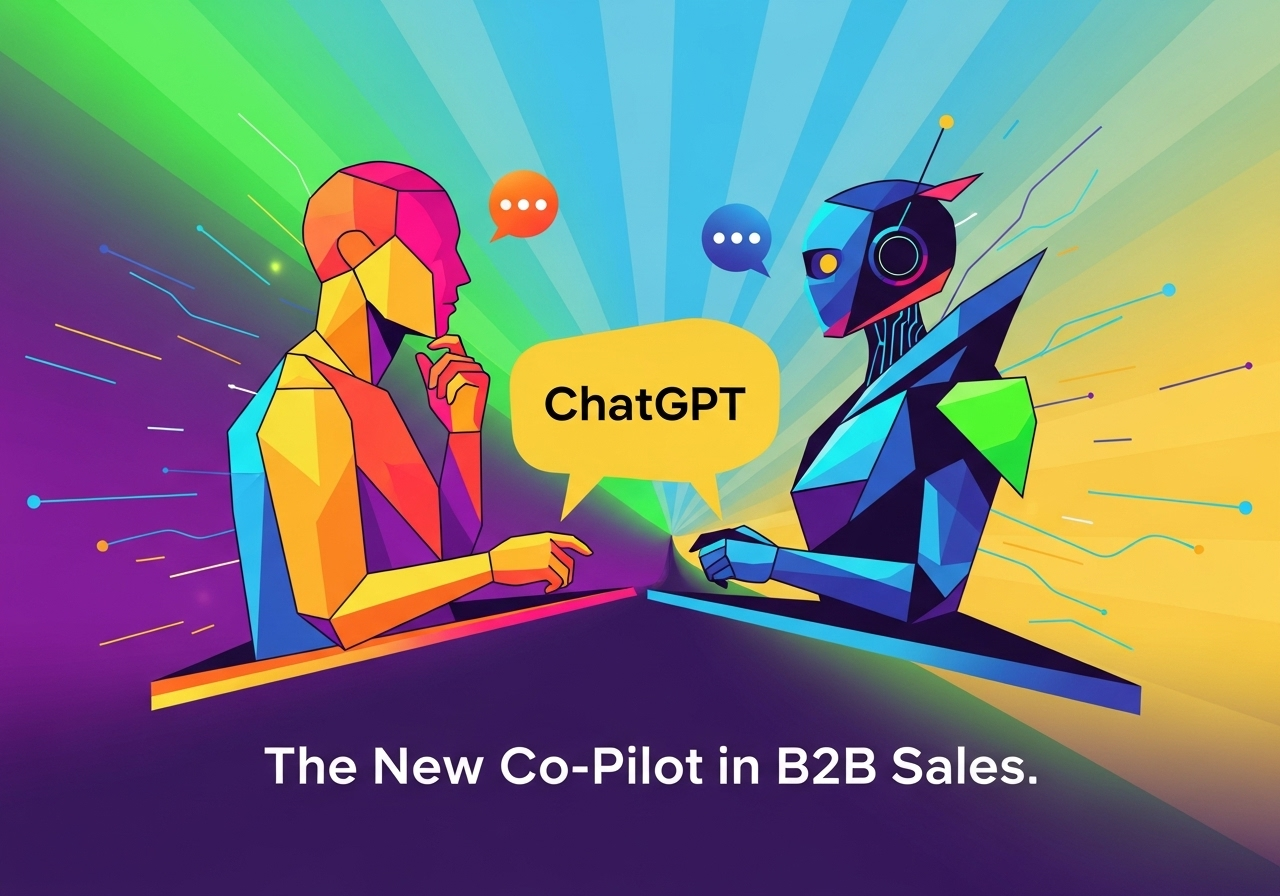
The discussion about artificial intelligence in B2B sales is often shaped by a false assumption: the idea of substitution. But AI is not replacing people; it is freeing them from routine and creating space for what truly matters. While algorithms handle data-driven analysis and qualification, deeply human skills are becoming the decisive resource. Empathy, strategic judgment, and the ability to solve complex customer problems are the new currency in sales. Successful companies see AI not as a threat, but as a tool that allows the salesperson to evolve from a mere information provider to a strategic partner for the customer. The art of selling is not dying; it is becoming more sophisticated, more strategic, and more human than ever before.
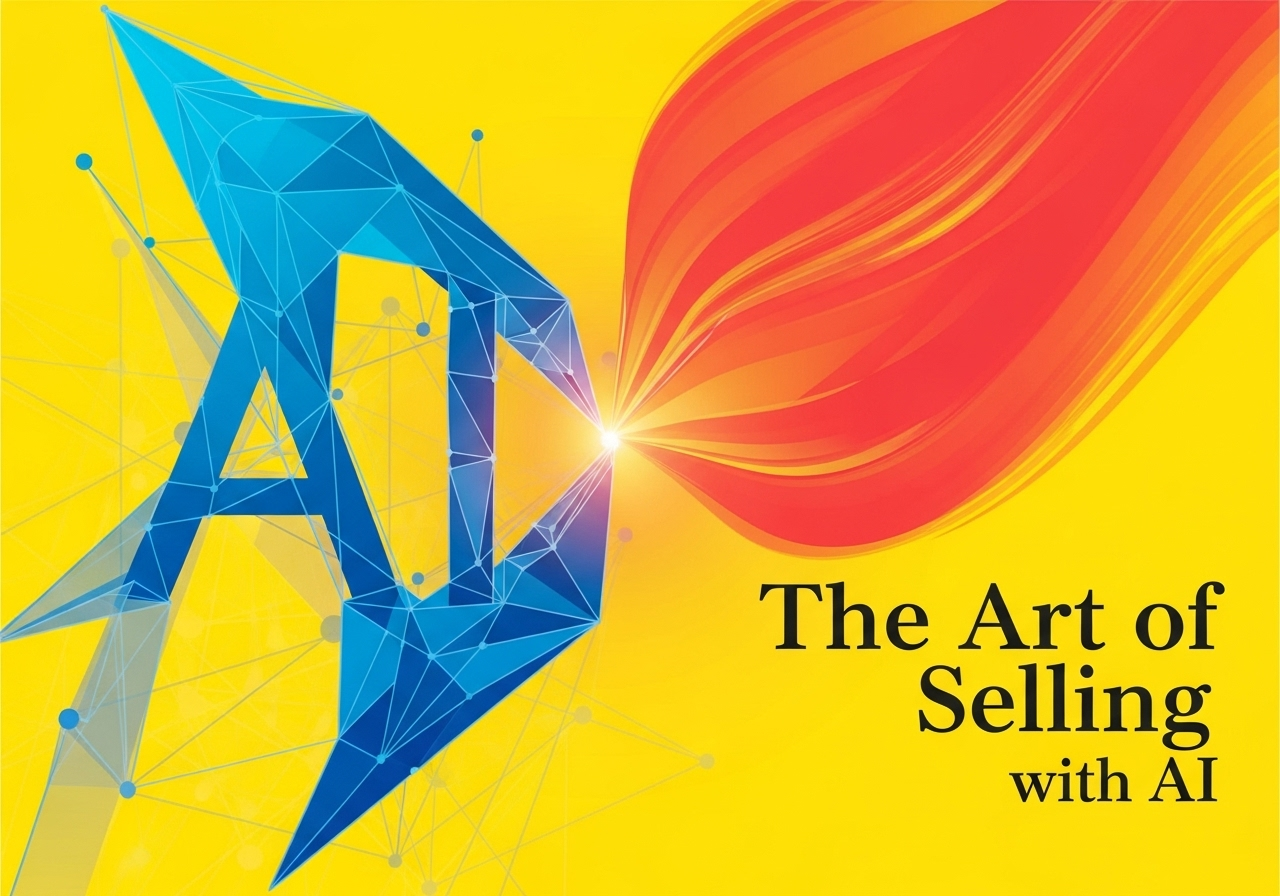
The LinkedIn Sales Navigator is indispensable for modern B2B sales, yet its full potential is rarely realized. Most sales organizations degrade this complex instrument into a digital address book for cold prospecting. They remain stuck in a reactive search for contact details instead of using it as a strategic cockpit for the entire sales process. This article illuminates the critical differences in application. It demonstrates how leading sales professionals transform the Sales Navigator from a mere search engine into a system for proactive signal intelligence. Learn to decipher subtle buying signals, identify relevant stakeholders at the right moment, and build your sales strategy on a new level of market insight.
